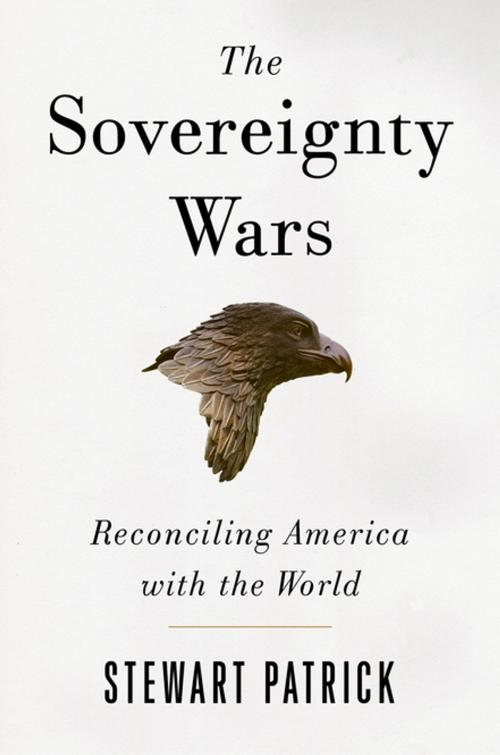The Sovereignty Wars
Reconciling America with the World
Nonfiction, Social & Cultural Studies, Political Science, Politics, History & Theory, Government| Author: | Stewart M. Patrick | ISBN: | 9780815731603 |
| Publisher: | Brookings Institution Press | Publication: | October 31, 2017 |
| Imprint: | Brookings Institution Press | Language: | English |
| Author: | Stewart M. Patrick |
| ISBN: | 9780815731603 |
| Publisher: | Brookings Institution Press |
| Publication: | October 31, 2017 |
| Imprint: | Brookings Institution Press |
| Language: | English |
Protecting sovereignty while advancing American interests in the global age
Americans have long been protective of the country’s sovereignty—beginning when George Washington retired as president with the admonition for his successors to avoid “permanent” alliances with foreign powers. Ever since, the nation has faced persistent, often heated debates about how to maintain that sovereignty, and whether it is endangered when the United States enters international organizations, treaties, and alliances about which Washington warned.
As the recent election made clear, sovereignty is also one of the most frequently invoked, polemical, and misunderstood concepts in politics—particularly American politics. The concept wields symbolic power, implying something sacred and inalienable: the right of the people to control their fate without subordination to outside authorities. Given its emotional pull, however, the concept is easily highjacked by political opportunists. By playing the sovereignty card, they can curtail more reasoned debates over the merits of proposed international commitments by portraying supporters of global treaties or organizations as enemies of motherhood and apple pie.
Such polemics distract Americans from what is really at stake in the sovereignty debate: namely, the ability of the United States to shape its destiny in a global age. The United States cannot successfully manage globalization, much less insulate itself from cross-border threats, on its own. As global integration deepens and cross-border challenges grow, the nation’s fate is increasingly tied to that of other countries, whose cooperation will be needed to exploit the shared opportunities and mitigate the common risks of interdependence.
The Sovereignty Wars is intended to help today's policymakers think more clearly about what is actually at stake in the sovereignty debate and to provide some criteria for determining when it is appropriate to make bargains over sovereignty—and how to make them.
Protecting sovereignty while advancing American interests in the global age
Americans have long been protective of the country’s sovereignty—beginning when George Washington retired as president with the admonition for his successors to avoid “permanent” alliances with foreign powers. Ever since, the nation has faced persistent, often heated debates about how to maintain that sovereignty, and whether it is endangered when the United States enters international organizations, treaties, and alliances about which Washington warned.
As the recent election made clear, sovereignty is also one of the most frequently invoked, polemical, and misunderstood concepts in politics—particularly American politics. The concept wields symbolic power, implying something sacred and inalienable: the right of the people to control their fate without subordination to outside authorities. Given its emotional pull, however, the concept is easily highjacked by political opportunists. By playing the sovereignty card, they can curtail more reasoned debates over the merits of proposed international commitments by portraying supporters of global treaties or organizations as enemies of motherhood and apple pie.
Such polemics distract Americans from what is really at stake in the sovereignty debate: namely, the ability of the United States to shape its destiny in a global age. The United States cannot successfully manage globalization, much less insulate itself from cross-border threats, on its own. As global integration deepens and cross-border challenges grow, the nation’s fate is increasingly tied to that of other countries, whose cooperation will be needed to exploit the shared opportunities and mitigate the common risks of interdependence.
The Sovereignty Wars is intended to help today's policymakers think more clearly about what is actually at stake in the sovereignty debate and to provide some criteria for determining when it is appropriate to make bargains over sovereignty—and how to make them.















